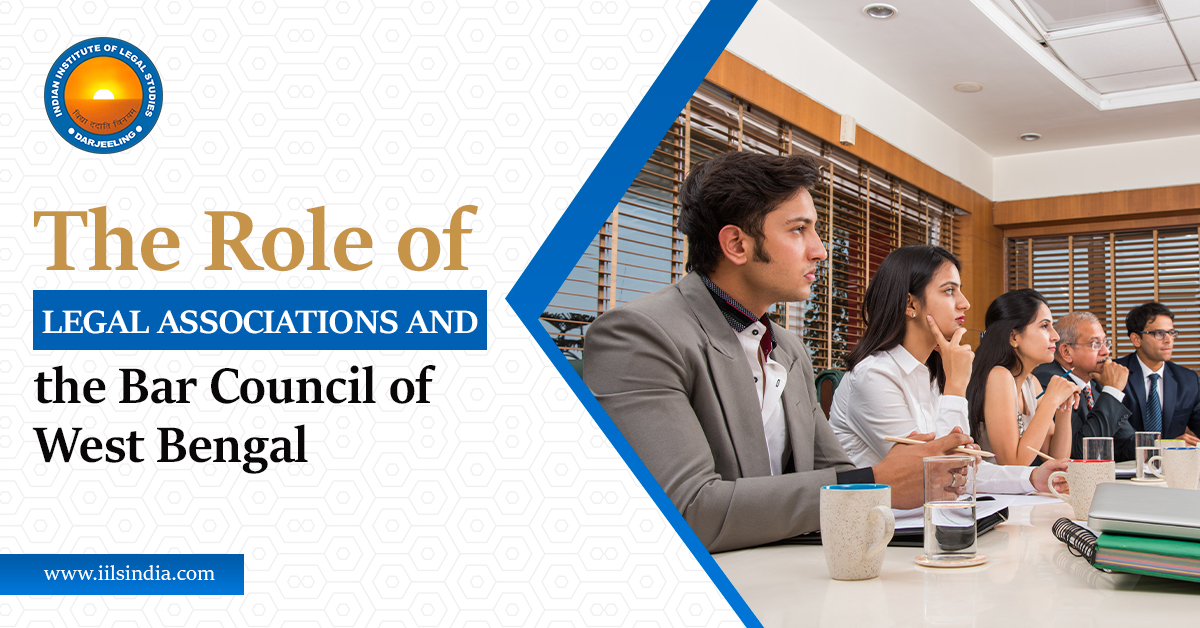Abstract: The role of legal associations and the Bar Council of West Bengal in regulating legal practice is essential in ensuring the ethical and professional conduct of lawyers in the state. These organizations play a crucial role in maintaining the integrity of the legal profession, protecting the rights of clients, and upholding the rule of law.
The Bar Council of West Bengal is responsible for the enrollment and registration of lawyers who have completed their law study in West Bengal. Lawyers must meet specific educational and professional qualifications to practice law. These bodies establish a code of ethics and professional conduct that lawyers are required to follow. This code outlines the standards of behavior, integrity, and honesty expected from legal professionals. Legal associations and the Bar Council have the authority to initiate disciplinary proceedings against lawyers who are alleged to have violated the code of ethics or engaged in unethical conduct. This can include actions such as misconduct, embezzlement, or unethical practices. They provide a platform for clients and other individuals to file complaints against lawyers who have violated the code of ethics or acted unethically. These complaints are thoroughly investigated, and appropriate actions are taken.
Legal associations and the Bar Council often organize and oversee continuing legal education programs to ensure that lawyers are updated on changes in the law, professional development, and ethical standards. These organizations may encourage and facilitate legal professionals in providing pro bono (free) legal services to underserved communities. This ensures that legal services are accessible to all, irrespective of their financial status. Legal associations and the Bar Council can advocate for policies and reforms in the legal system that benefit both lawyers and the public. They can also provide recommendations to improve legal processes and regulations. Some legal associations and the Bar Council may facilitate mediation and arbitration services to resolve disputes outside of the courtroom, reducing the burden on the judicial system. These organizations may set guidelines or recommendations for legal fees, helping clients and lawyers maintain transparency and fairness in fee arrangements.
Legal associations and the Bar Council may promote competency and skill development among lawyers, ensuring that they are well prepared to represent their clients effectively. They often offer training, seminars, and workshops to help lawyers improve their advocacy skills, knowledge, and understanding of emerging legal trends. Legal associations and the Bar Council may work to raise public awareness about legal rights, duties, and the importance of seeking legal counsel when needed.
Legal associations and the Bar Council of West Bengal are pivotal in maintaining the standards and ethical integrity of the legal profession. They serve to protect the interests of both the legal community and the public, ensuring that legal practitioners adhere to high ethical standards while providing competent and accessible legal services to those in need. Their regulatory functions are crucial in upholding the rule of law and the principles of justice.

